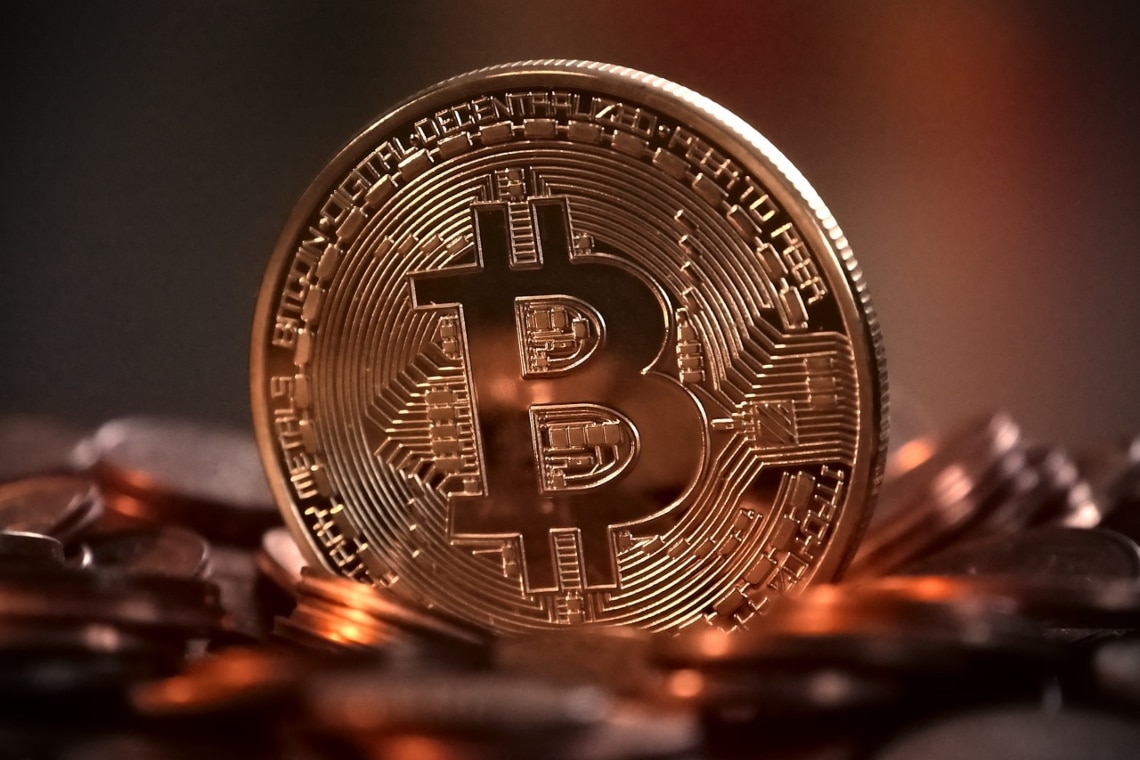What legislation means for the future of NFTs

It goes without saying that current and future legislation will have a massive impact on NFTs. While this applies to virtually every commercial industry, the growing NFT space is particularly vulnerable to the effects of legislation.
This is mostly because NFTs are based on the relatively new blockchain technology that has proven divisive among consumers and lawmakers alike. While some fully support NFTs, others are on the fence or outright hostile to them, and with the recent lawsuits and regulatory unraveling regarding NFTs, the very future of the industry may be at stake.
The string of curious cases
This past year, fashion watchers and NFT fans alike were captivated by the lawsuit filed by fashion house Hermes against NFT creator Mason Rothschild after initially filing a complaint against him in 2022. The reason for these legal actions was that Rothschild was selling NFTs called ‘MetaBirkins’ . As the name suggests, these NFTs were essentially digital representations of Hermes’ iconic Birkin bags in a variety of colors and patterns.
This was achieved without the permission of the fashion house, and naturally it tried to block their sales. The lawsuit sparked intense discussions about trademarks and how they related to NFTs. Was Rothschild entitled to make the NFTs even though he was not connected to the actual manufacturers of the Birkin bag, or was this a case of infringement? In early February, however, a jury ruled that Rothschild’s activities were indeed copyright infringement.
Just as with the first case, the verdict has sparked debate online, mostly about whether or not it was fair. But beyond these debates lies a bigger issue; What does this mean for the industry? It’s no secret that many NFT collections are derivative.
A quick look at any major NFT marketplace will show collections based on popular culture and some well-known brands, many of which are distributed without explicit permission from the trademark owners. After all, NFTs are partially built on online and fan culture, and a large part of this is spoofing, memeing, and being directly influenced by others.
This is to the point that NFTs exist that are clearly based on others. Take the ongoing trial in between Yuga Labs, the creators of Bored Ape Yacht Club, and Ryder Ripps, an artist who created RR/BAYC. Ripps, who has a famously contentious relationship with Yuga Labs, has said that his works, which are very similar to Bored Ape Club in appearance and even name, are more of a parody and are protected by law. This case is still in court and has not yet been resolved.
Then there is the debate about what NFTs are in the first place. Cryptocurrency was for years the subject of the same debate; are they securities? Are they investment tools? NBA Top Shot, a popular marketplace that trades in basketball-themed NFT content, will go to court to face a class action lawsuit that claims the NFTs are securities. NBA Top Shot had tried to have the lawsuit dismissed, but a judge ruled that some of the assets it offered were actually securities.
“Ultimately, the court’s conclusion that what Dapper Labs offered was an investment contract under Howey is a narrow one. Not all NFTs offered or sold by any company will constitute security, and each scheme must be assessed on a case-by-case basis, says Judge Victor Marreo.
The implications of these cases
On the surface, these all appear to be unrelated lawsuits floating around the NFT space. But a deeper look will show that they are shaping the future of NFTs as we know them. As NFTs achieve more mainstream success, they will need to move beyond their roots as semi-obscure blockchain-based assets.
To do this, the legal parameters need to be set, and this will happen through incoming legislation. This legislation will inevitably be shaped by legal precedents such as what we have seen so far. Take Hermes vs. The Rothschild Affair; the ruling means not only that Rothschild himself cannot create Hermes-themed NFTs for sale, but that companies in the future will have legal backing to go after NFT creators who create similar digital assets.
The NBA Top Shot ruling means not only that Dapper Labs (their parent company) will have to face their impending lawsuit, but that there is now some legal precedent that NFTs are indeed securities, and if they are indeed securities, they will be subject to existing securities act, and it will have a massive ripple effect on the industry.
So if a legal line is drawn in the sand when it comes to the NFT trademark (as in the case of Yuga Labs and Ryder Ripps), we will see many more lawsuits within the industry itself. Therefore, creating an industry standard where these lawsuits will determine what we can and cannot do within the NFT sector for better or for worse.
There’s a reason blockchain-related lobbying and regulation has been a problem for years; A single piece of legislation can completely undo the existing business model of an NFT project, and one judicial precedent can unlock the floodgates for a thousand more.
This means that as the NFT industry’s stakeholders, it is crucial that we advocate for pro-NFT regulation and stay up to date on regulations that are unfolding.
Want more? Connect to NFT Plazas
Join the weekly newsletter
Join our Discord
Follow us on Twitter
Like us on Facebook
Follow us on Instagram
*All investment/financial opinions expressed by NFT Plazas are from personal research and experience of our site moderators and are intended as educational material only. Individuals are required to research all products before making any type of investment.
Tokoni Uti has been writing extensively about blockchain and cryptocurrency for years. Her work has appeared on sites such as BTCmanager and Blockchain Reporter. She has a degree in corporate communication.























